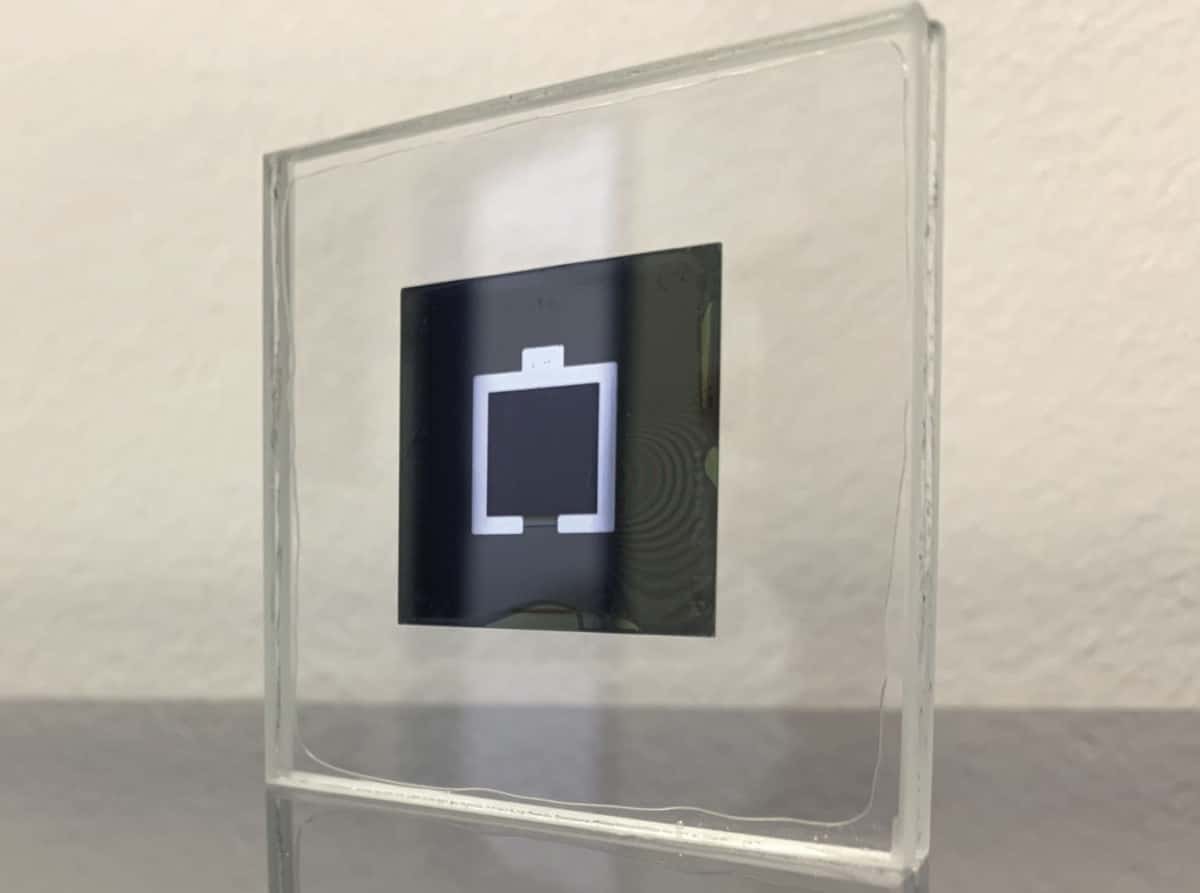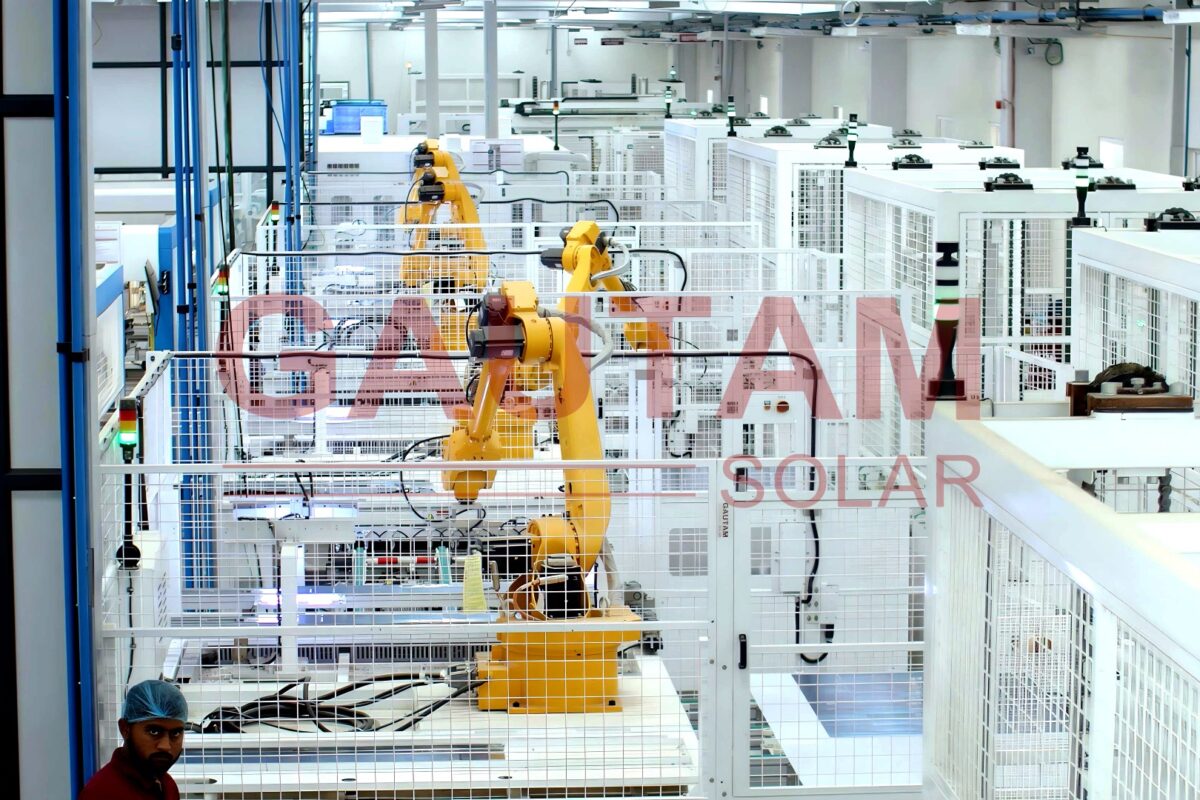The Indian government is funding research at the Indian Institute of Technology Bombay (IIT Bombay) and state-owned engineering firm Bharat Heavy Electricals Ltd (BHEL) to develop high-efficiency solar cells even as it is coming up with a production-linked incentive scheme to incentivize manufacturing of such cells.
Research teams at these institutions are developing crystalline silicon solar cells with an efficiency of a minimum 21%, in addition to roll-to-roll perovskite solar cells.
“Under the Ministry’s Renewable Energy Research and Technology Development Programme, various research institutions and industry are provided financial support for carrying out renewable energy research in solar cells and modules with the overall objective of improving efficiency, reducing cost and developing new technologies,” said power minister in the parliament in reply to a query.
Speaking about the beneficiaries, he said, “The Ministry has provided support for developing crystalline silicon solar cell with targeted efficiency of 22% to National Centre for Photovoltaic Research and Education (NCPRE) at IIT Bombay; roll-to-roll perovskite solar cells to IIT Bombay; and PERC solar cells with targeted efficiency of 21% to Bharat Heavy Electricals Limited, Gurugram,” he added.
To attract investments in the solar manufacturing sector, a Foreign Direct Investment (FDI) Cell and a Project Development Cell have been created in the MNRE. Further, to enhance India’s manufacturing capabilities and exports, the Government has approved the introduction of the Production Linked Incentive (PLI) Scheme in ten sectors, including high-efficiency solar PV modules. The scheme provides an INR 4,500-crore outlay for high-efficiency solar modules.
Perovskites
In terms of cell design and processes, perovskite solar cell (PSC) technology is very close to dye-sensitized solar cells and organic solar cells. There is more than one process to produce perovskite solar cells. In its simplest method, PSCs can be manufactured by roll-to-roll coating, including well-known technologies such as slot die, spray coating, and ink-jet printing, or through evaporation. This process essentially eliminates the need for wafer manufacturing and other related processes used in crystalline silicon (c-Si) cells.
This content is protected by copyright and may not be reused. If you want to cooperate with us and would like to reuse some of our content, please contact: editors@pv-magazine.com.









I am searching job